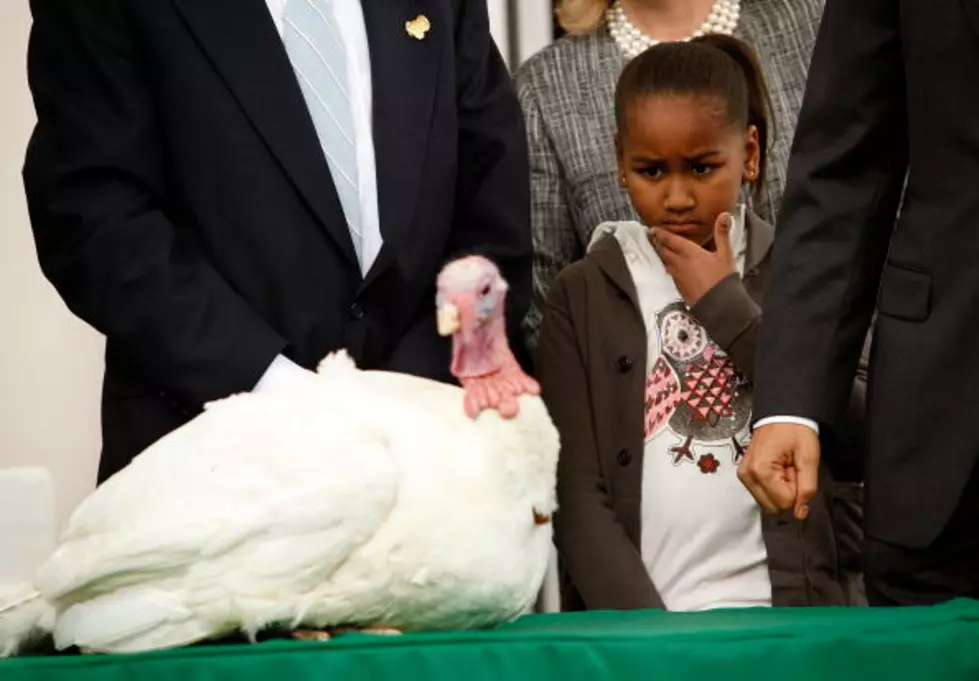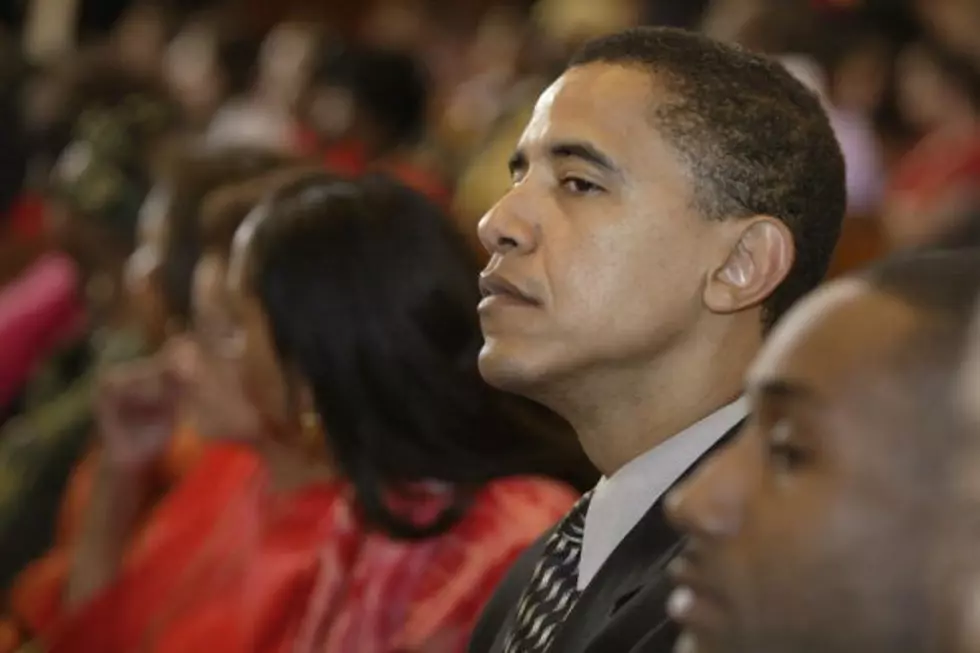
What A U.S. Default Means For You
It's all over the news: The White House and Congress are at an impasse on what to do with the credit ceiling. But what happens if we reach August 2nd and there still isn't an agreement. How does what happens in the Beltway affect you in the Heartland?
Do you invest money? Do you have a credit card? Are you in the market to buy a home or a car? Are you employed by the government?
The U.S. government has 80 million bills due in August, and, no matter what choices are made, about 40% to 45% of them won't get paid unless more borrowing is authorized.
No one is really sure what a default would mean on a global economic scale. More than likely, markets (both U.S. and abroad) would reel from the news -- and where stock prices would end up is anybody's guess. It would probably be safe to say that markets would be unstable for at least for a few days.
"A short shutdown would not mean a lasting event," he said. "There would be a one- to two-day sell-off in the markets, and that's it, before things start getting back to normal."
Interest rates would affected and that would influence the way that banks loan money to each other. That in turn affects interest rates on things like credit cards, mortgages, and other loans.
[I]f the U.S. government doesn't pay back the $500 billion in debts coming due in August -- or at least pay the $29 billion in interest on those loans -- that default is going to cause havoc in the economy's credit sector, which will eventually reach down to anyone who needs to borrow money or uses a credit card.
How much interest is charged on a loan is determined by an assessment of the chances of the money being repaid. Lending money to the U.S. government, by buying Treasury bonds, has been rated as one of most risk-free investments available, which means the government pays a small amount of interest on the money borrowed.
So, how close are we to turmoil?
More From KOOL 101.7





![White House Introduces the Newest Obama — An Adorable Pooch Named Sunny [VIDEO]](http://townsquare.media/site/41/files/2013/08/sunny-the-dog-08192013-White-House-Photo-by-Pete-Souza-photo-cropped-for-feature.jpg?w=980&q=75)



